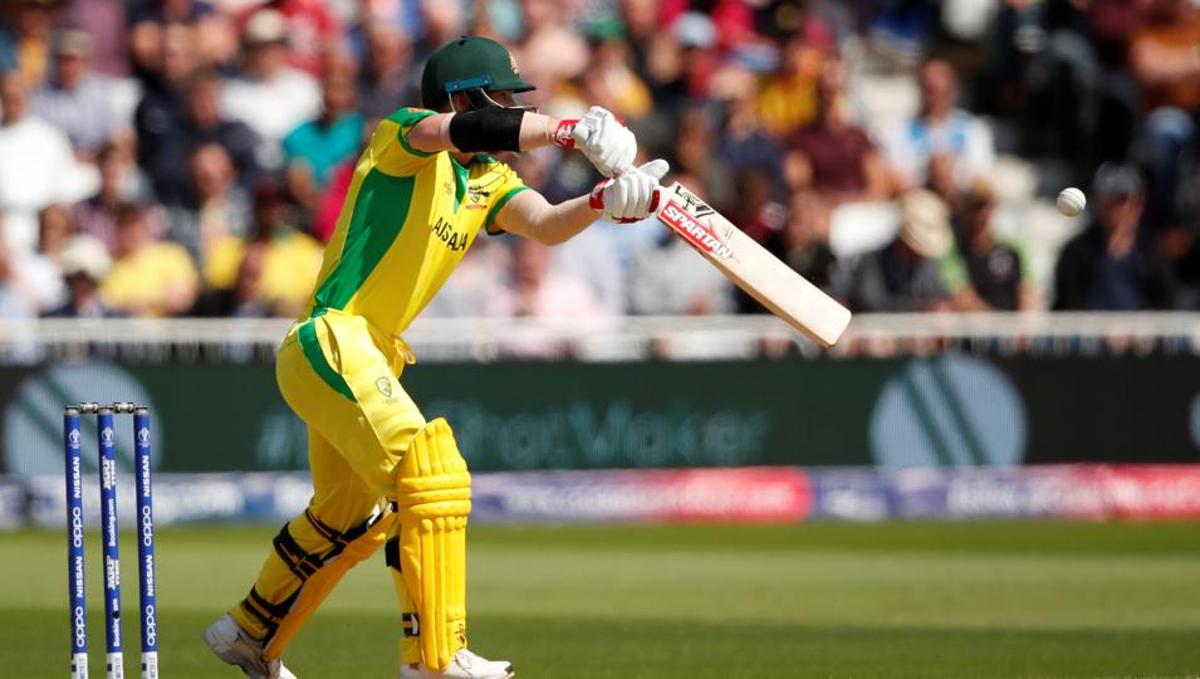LONDON: Australian opener David Warner is meticulously preparing for the tougher battles ahead in the World Cup by using a new device on his bat? a sensor that stores important data like back lift angle and maximum bat speed.
The International Cricket Council had approved the usage of bat sensor back in 2017 but save the Australian batsmen, not many have used it over the past two years.
A Bengaluru based company named ‘Smart Cricket’ has introduced its version of sensor chip device ‘Bat Sense’ which Warner has been using to collate data to counter the likes of Jasprit Bumrah.
The sensor chip is fixed on the top of the bat handle. Till the time batsman is batting, the data generated on the chip gets stored in a mobile app through ‘cloud storage’.
Warner’s bat sensor has revealed some interesting insights about how he is doing his homework against Bumrah.
For example, the optimum bat speed to counter a Bumrah Yorker, as per available data is 70-75 km but Warner is trying to lift his bat speed to 85 to 90 kmph.
For a slinger like Bumrah, the angle of backlift is expected to be around 120-125 degrees with the bat coming down from the first slip. But for Bhuvneshwar Kumar, the backlift needs to be in line with the keeper.
For spinners, the backlift angle changes to 160 degrees minimum and can go up to 175 degrees.
“Earlier, the coaches would depend on their natural instinct about angle of backlift or bat speed or the distance between the bat and body. I believe if accurate data can help coaches in guiding their players, then why not,” former India keeper Deep Dasgupta, who is associated with the project, told PTI.
Right now, the bat sensor usage is at a nascent stage where collating data is the primary objective.
“The data that will be available is of primary nature. Once a large chunk of data is collected across a cross section of players, it can be suitably processed by the coaches. Then players can accordingly change their game as per the available data,” said Dasgupta.
As of now, none of the current India players are using the bat sensor, which could well be another game-changer in the near future. (AGENCIES)
Trending Now
E-Paper


